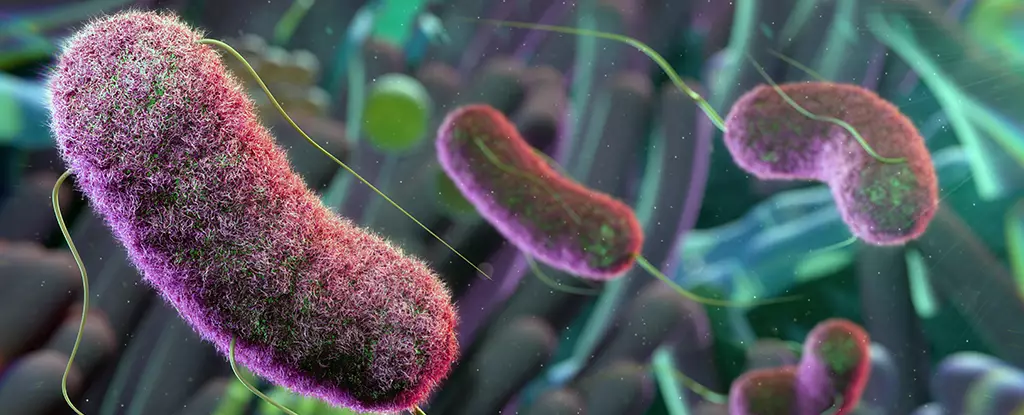Epilepsy, a neurological disorder characterized by recurrent seizures, affects millions of people worldwide. While medications are effective for most individuals, about 30% of patients suffer from drug-resistant epilepsy. In recent years, a high-fat, low-carbohydrate diet known as the ketogenic diet has emerged as a potential solution for managing seizures in people with treatment-resistant epilepsy, particularly children. Researchers from the University of California, Los Angeles (UCLA) have conducted studies to understand the impact of this diet on gut microflora and its connection to neurological functions related to epilepsy.
The Impact of the Ketogenic Diet
The ketogenic diet, commonly referred to as the keto diet, has gained attention for its potential benefits in weight loss. However, its effect on reducing seizures in individuals with refractory epilepsy has been a subject of extensive study. Studies have shown that approximately 30% of children with treatment-resistant epilepsy experience seizure freedom while on the diet, while about 60% observe a significant reduction in seizure frequency. Despite these positive outcomes, adhering to the ketogenic diet can be challenging, especially for children who may already be picky eaters. Additionally, potential side effects such as gastrointestinal issues and risk of kidney stones further complicate its long-term feasibility.
Investigating the Gut Microbiome
To unravel the mysterious connection between the ketogenic diet and seizure reduction, UCLA researchers focused on understanding the changes in the gut microbiome. They conducted experiments on both mice and children with pediatric refractory epilepsy. The studies revealed a complex network of interactions between gut microbes, their metabolic byproducts, and gene expression in the hippocampus, a region of the brain associated with epilepsy.
The research team collected microflora samples from children before and after they followed the ketogenic diet for a month. These samples were then introduced into the guts of engineered mice. The results showed that microflora samples taken after the diet effectively reduced seizures in the mice compared to samples collected before the diet. This finding suggests that certain microbial compositions influenced by the ketogenic diet play a role in protecting against seizures.
Metabolic Changes and Gene Activity
Further analysis of the samples revealed metabolic changes related to energy production, amino-acid metabolism, and fatty acid oxidation in both humans and mice. Mice who received microbiomes altered by the ketogenic diet showed changes in gene activity in the hippocampus, specifically genes previously linked to epilepsy. Understanding how these changes attenuate seizure conditions opens up the possibility of developing targeted drugs that can address treatment-resistant epilepsy.
Beyond epilepsy, this research highlights the crucial role of the gut microbiome in overall bodily functions. The diverse organisms residing in our guts have far-reaching impacts on our health and well-being. By recognizing the symbiotic relationship between our bodies and the gut microbiome, we can strive for dietary choices that benefit both ourselves and these microorganisms.
The link between diet, specifically the ketogenic diet, and gut microbiome has significant implications for individuals with drug-resistant epilepsy. The UCLA study provides valuable insights into the complex interactions between gut microbes, metabolism, and neurological functions related to epilepsy. By understanding how specific nutrient compositions influence seizure protection, researchers aim to develop innovative treatments that do not solely rely on restrictive diets. As our knowledge about the gut microbiome grows, it is vital to incorporate this understanding into our dietary choices for better overall health and well-being.


Leave a Reply